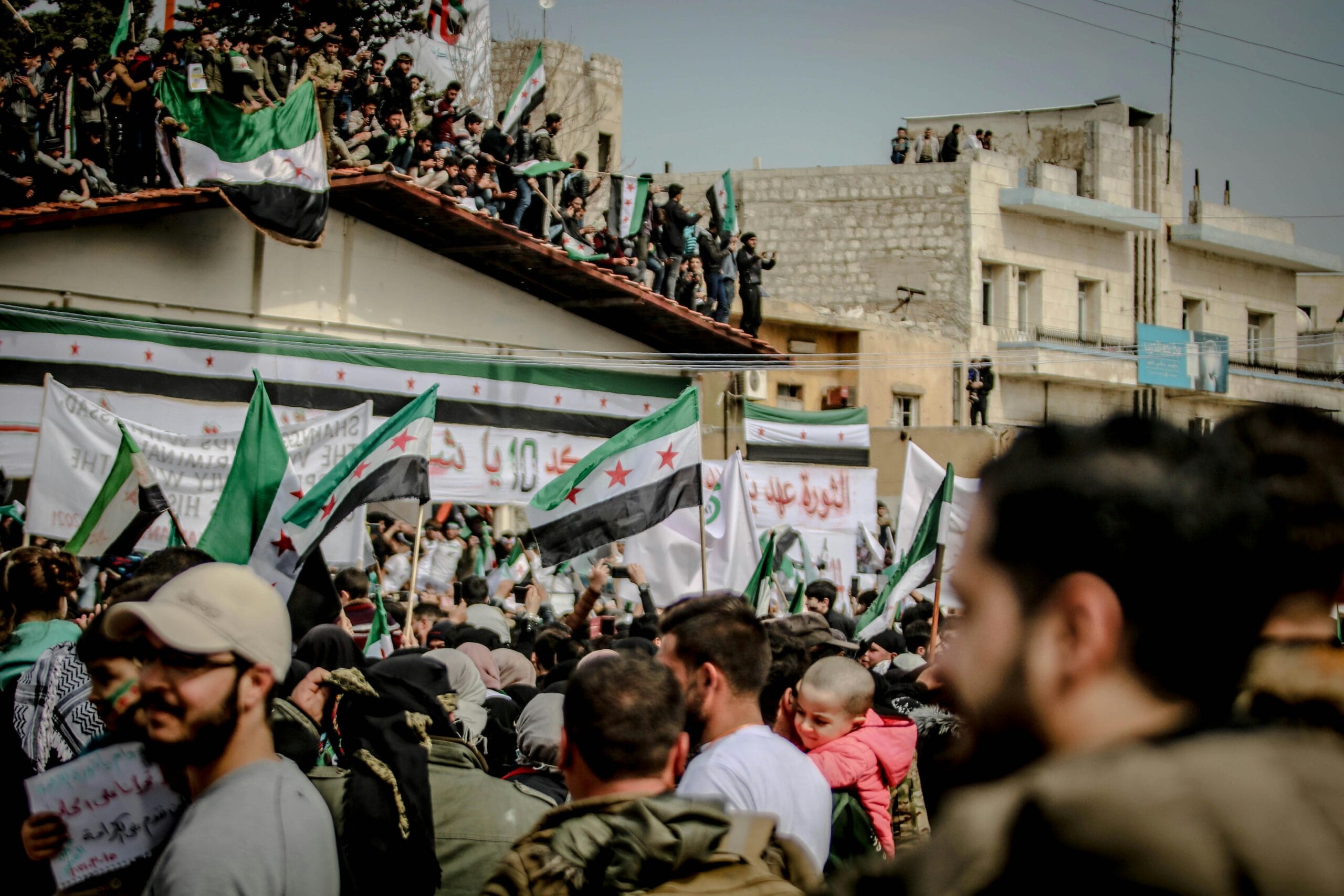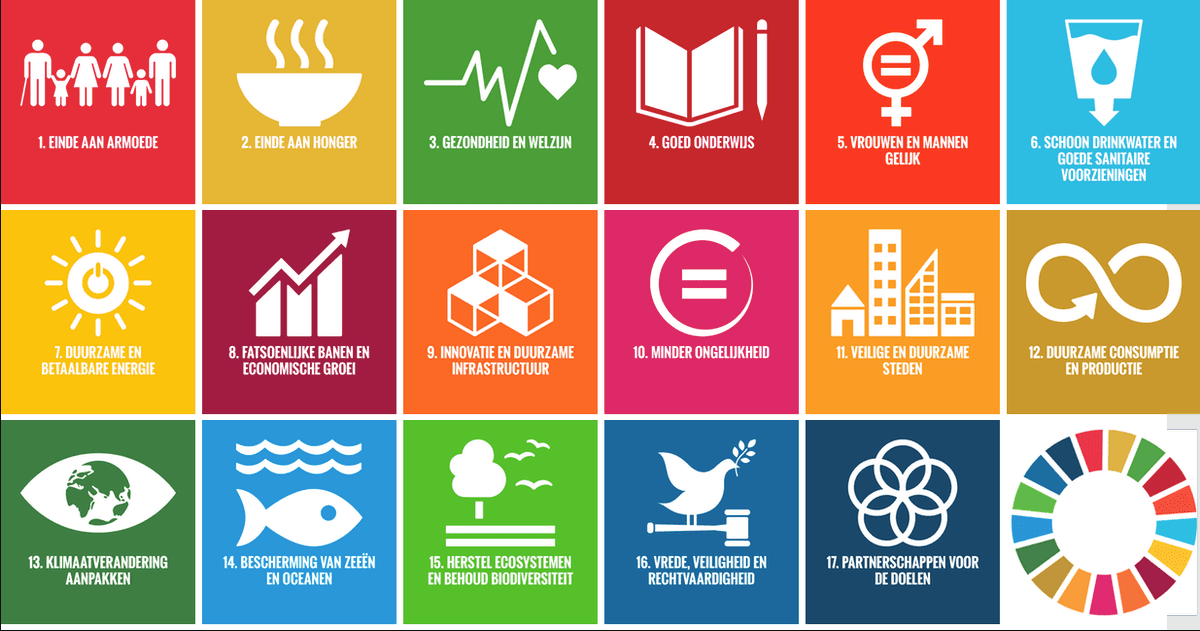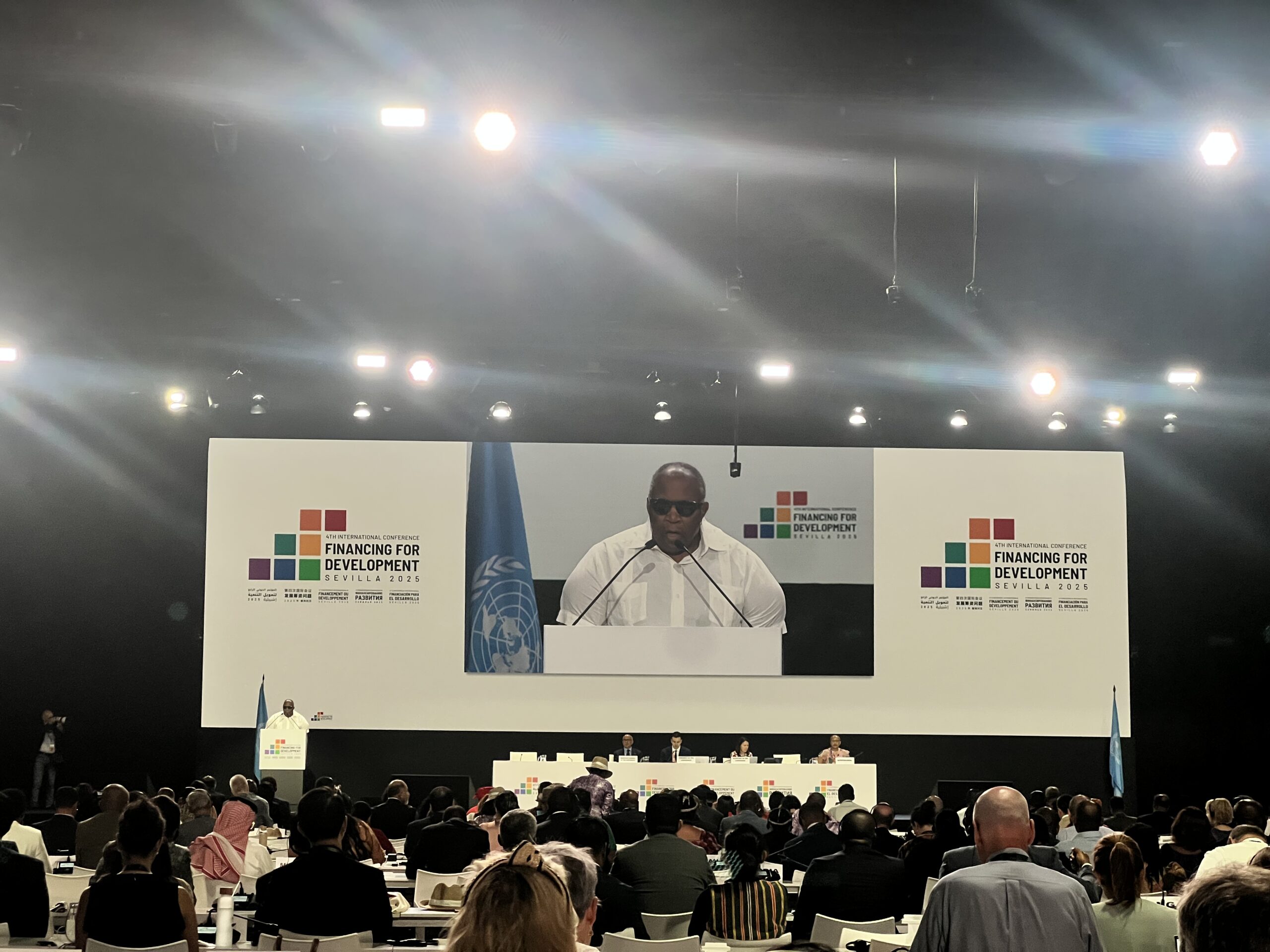Photo: Yoweri Museveni, the President of Uganda. Via Wikimedia Commons
In late May 2023, Uganda introduced one of the most extreme anti-LGBTi laws in the world. Now, more than four months later, the disastrous consequences of these measures are becoming increasingly clear. In response, several international sanctions have been imposed and Uganda's constitutional court began hearing three petitions against the anti-lhbti law in early October.
All this commotion calls for an analysis of the background of similar anti-LGBT laws, which can be found in a large number of other African countries. The root cause is often cited as the high level of homophobia in Africa. However, a closer look reveals that African anti-lhbti laws and homophobia in many cases stem directly from western colonialism. We therefore take a broader look at the development of anti-lhbti laws in Uganda and other African countries.
The introduction and impact of the anti-LGBT law in Uganda
On March 22, 2023, the Ugandan parliament passed the anti-lhbti legislation to, which two months later, after several adjustments, was signed by President Yoweri Museveni. At first glance, this may not seem like an exceptional phenomenon, as more than 30 African countries ban homosexual relations and Ugandan criminal law has long punished homosexual intercourse with life imprisonment. What makes the recent legislation exceptional, however, is the harshness of the measures. This is because the law not only prohibits sexual intercourse, but also the promotion, incitement, and 'conspiracy' to homosexuality. Violations of the law carry severe penalties, including the death penalty for so-called "severe" homosexuality and life imprisonment for same-sex sex. It goes without saying how inhumane and deeply unjust this legislation is. Besides severely curtailing individual freedom, the criminalisation of homosexuality also contributes to a "climate in which violence and discrimination against LGBT people is widespread", said Human Rights Watch. There is a real witch-hunt opened on sexual minorities, those mistaken for sexual minorities, and anyone who supports them. Many have therefore gone into hiding.
Where do anti-lhbti laws in Africa come from?
Why is it that homophobic anti-LGBT laws are so widespread on the African continent? Looking at the rhetoric of African lawmakers, it is often mentioned how homosexuality is a 'western import'. This unfairly uses homosexuality as a political weapon against neo-colonialism and in favour of African nationalism and self-determination. But a longer look at the history of homophobia on the African continent reveals that not homosexuality, but homophobia is a Western import, stemming from colonialism.
"A longer look at the history of homophobia on the African continent reveals that not homosexuality, but homophobia is a Western import, stemming from colonialism."
This is also the case in Uganda. Indeed, the first criminalisation of homosexuality in Uganda happened during the British formal colonial era. Although anti-lhbti legislation later worsened, the foundations for this were laid by British legislation that made Uganda inherited after the country gained formal independence. The adoption of British anti-lhbti criminal law did not only happen in Uganda, but in almost all former British colonies in Africa. In fact, most newly independent African states decided to retain British law. Consequently, there is a direct link between countries formerly under formal British rule and those that still have anti-LGBTi laws in their constitutions.
The West demonised homosexuality not only by imposing anti-LGBTi legislation in Africa, but also through religion and ideology. Taking the Bible and Christianity as a guide to African moral values, traditional views on sexual fluidity in Africa became repressed by western heteronormative ideas. This also contributed to the rule of colonisers, under the guise of 'divide and rule'.
Why were these laws retained?
After formal decolonisation, authorities in the newly independent states were forced to deal mainly with internal conflicts and challenges, fuelled in part by the effects of colonialism. African authorities, simply put, had other things on their minds than to roll back colonial laws and social norms, which had by now become more institutionalised.
In addition, homophobia in Africa is reinforced to this day by high inflow to evangelical and Pentecostal preachers from the West, often the US. These religious preachers often capitalise on pre-existing homophobia, picking up where the colonisers left off.
So after the formal independence of African countries, homophobia, as a result of colonialism, persisted, and self-reinforced. Like Leah Buckle of Stonewall, an organisation that advocates for lhbti rights, describes: "In 1910, about 9 per cent of the population of sub-Saharan Africa were Christians; in 2010, it was 63 per cent. Anti-lhbti laws were not only written in constitutions, but also in the minds of many African people."
What did homosexuality look like in pre-colonial Africa?
According to Buckle for centuries, sexual and gender identities were "viewed very differently on the African continent." She describes, "Many African countries did not view gender as binary in the way their European colonisers did, nor did they make any connection between anatomy and gender identity. In no pre-colonisation African country do we see persecution of lhbti people because of their sexuality, nor anti-lhbti laws."
"Uganda was ruled by an openly gay king, while in England men were sentenced to death for gay sex"
Several historical sources confirm that traditional Africa recognised homosexual relationships. The practice of same-sex relationships was widespread. Gender was also often seen as a flexible and fluid concept. For instance, among the Igbo and Yoruba peoples in contemporary Nigeria, the gender of babies was not assigned until later in life. Similarly, in African societies, many deities were depicted with both 'male' and 'female' characteristics and did not have a distinct gender. For instance, the Imbangala peoples in contemporary Angola had men in 'women's clothing', while King Henry VII criminalised sex between two men in 1533 in England.
Besides a different exercise of gender and sexuality, the language used to describe homosexuality was also fundamentally different on the pre-colonial African continent.
These phenomena also apply to Uganda. For instance, in Uganda's largest ethnic group, women of the royal clan were addressed with male titles. Furthermore, contemporary Uganda was ruled by an openly gay king in 1835, while in England the last men were sentenced to death for homosexual sex.
A failing international response
Regardless of what factors caused homophobic legislation, it is evident that homophobia is at odds with basic universal human rights. It is therefore no surprise that the international community reacted with outrage to the introduction of anti-LGBT laws in Uganda. Various sanctions followed. Thus announced Development Minister Schreinemacher indicated that the Netherlands will limit cooperation with Uganda. Furthermore, Washington travel restrictions up for Ugandan officials and options to reduce development aid, in combination with other economic sanctions, are being explored and gradually implemented. Also, the World Bank condemns the law and blocks new loans to Uganda. However, President Museveni does not seem to bow to international pressure. For instance, he accused the World Bank of hypocrisy and imperialism and vowed to resist outside pressure.
"Sanctions can actually be counterproductive"
It is clear that responses from the international community have had only a limited positive impact in Uganda. Indeed, sanctions can actually have a counterproductive effect. Here, it is important to realise that in many African countries, homosexuality is seen, albeit unfairly, as something urged and promoted by Western countries. This dogma is all the more confirmed when the West 'punishes' countries like Uganda for homophobia. As a result, homophobia may actually increase. Leah Buckle pleads then said, "It is clear that top-down reform, with the Western world taking the lead, is not the path Africans will follow to change their anti-LGBTi laws; scepticism towards the West and homophobia are far too closely intertwined."
An effective approach
So what is needed for an effective approach against anti-LGBT laws in African countries like Uganda? For that, it must be understood that these laws are not an isolated phenomenon, but stem from deep-seated homophobic sentiments. Merely addressing extreme anti-LGBTi laws is therefore no more than symptom control. In fact, they are a manifestation of a much broader problem. Addressing the colonial root causes of homophobia in Africa is more effective than sporadic, hierarchical, and counterproductive Western interventions.
As a result of colonialism, pre-colonial concepts of gender and sexuality on the African continent have been completely corrupted under extremely conservative, fundamentally religious, heteronormative, and binary views. A structural reorientation of these concepts is thus an important first step. Like Sylvia Tamale, a Ugandan academic and human rights activist, suggests: "The mantra that homosexuality would be 'un-African' denies everything that African history and tradition has passed on to posterity."
Also, Ugandan former LGBT activist Val Kalende, argued: "What needs to happen in Africa is an honest discussion about human sexuality in the African context before, during and after the colonial period. This is a conversation that local activists, civil society organisations, academics and the media need to start shaping. Africans will have to claim their forgotten past."




